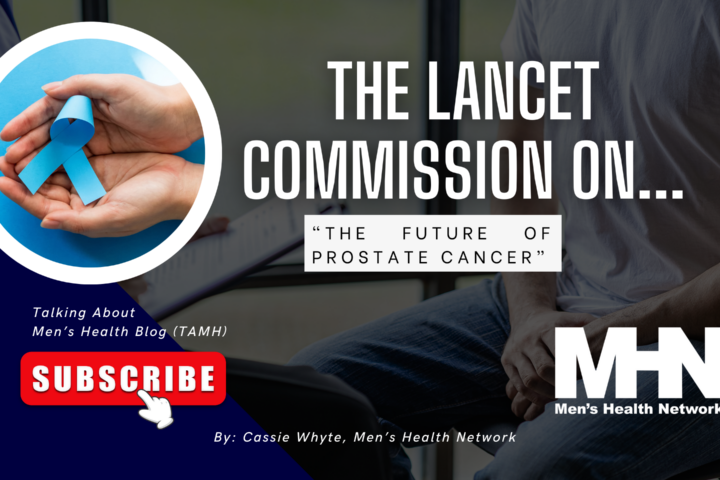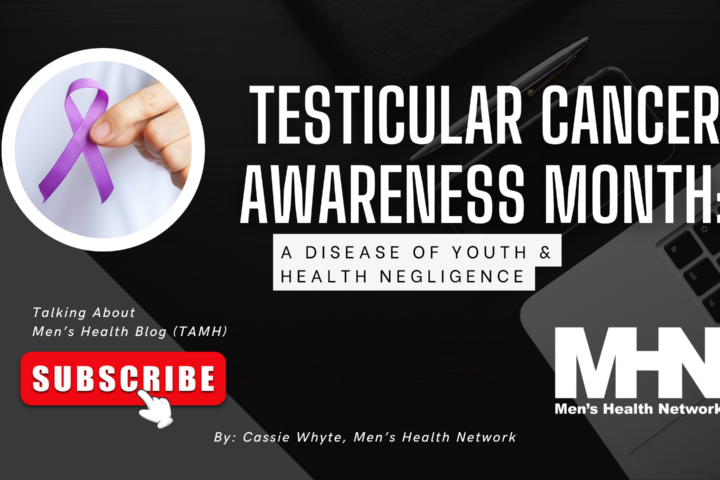For many people who just found out that they have been diagnosed with HIV, engaging in sexual activities isn’t on top of the priority list. However, when that “loving feeling” begins to move its way back up that list, thoughts may start running through your head like: Is this even possible? Will it feel the same as it did before I found out about my HIV status? And, if my partner is negative, how can I make sure they stay that way?
These are all very valid concerns for someone newly diagnosed with HIV. As a person living with HIV for the past 8 years, I can tell you that my sex life wasn’t exactly fireworks and candlelight in the beginning. I have an interesting personal story to share. After being diagnosed with HIV, I was speaking to a potential partner and was asked, “Well, isn’t having sex with someone that has HIV like having sex with a dog?” Naturally, just like you may be gasping at this statement right now, I was taken back and shocked that someone would think this way. However, instead of getting mad or slapping the person, I realized this was an opportunity and a chance to educate this person and encourage them to get the facts.
As a person living with HIV, it seems as though we are constantly “coming out” about our HIV status or forced to educate others about the virus. However this should not be viewed as a vexing experience, but rather an opportunity to have one more knowledgeable individual walking this earth.
So, here are some fun tips and tricks for those who are living with HIV to keep in mind when either thinking about or engaging in sexual activity with someone, or even when you encounter an opportune moment to educate the uniformed:
- Remember to protect yourself! This is important to keep from contracting an STI or becoming re-infected with a different strand of HIV. HIV positive individuals are more vulnerable to other sexually transmitted diseases.
- Condoms are the best defense but there are also other options! Minimizing the number of sexual partners, adhering to HIV medications and having an undetectable viral load are all risk reduction methods to help stop HIV transmission. Let’s be honest here, condoms aren’t usually the first thing on our minds just as we are about to “get busy”; but remember that condoms ARE the best defense against spreading the virus.
- Oral can be just as fun! Penetration shouldn’t always be the goal of “getting it on” with someone. Mutual masturbation and oral sex can be just as enjoyable.
- PrEP can be your best friend! If you make the decision not to not use condoms and are in a mixed status or serodiscordant relationship, PrEP (pre-exposure prophylasis) has been proven effective in preventing the transmission of HIV, when used consistently and correctly. Ask your doctor or health care provider about this option.
We must use every opportunity available to assure that all people know their HIV status, know the facts about HIV, know how to prevent transmission, and that people with HIV are linked to care, and treatment and prevention services. We can stop HIV Together—by getting the facts, getting tested, and getting involved.
Learn more at https://www.cdc.gov/actagainstaids/campaigns/lsht/index.html.



